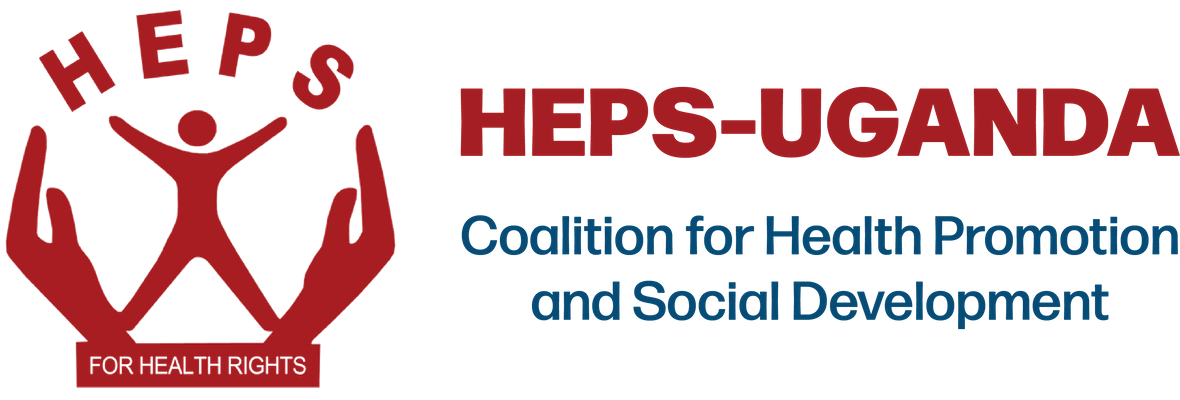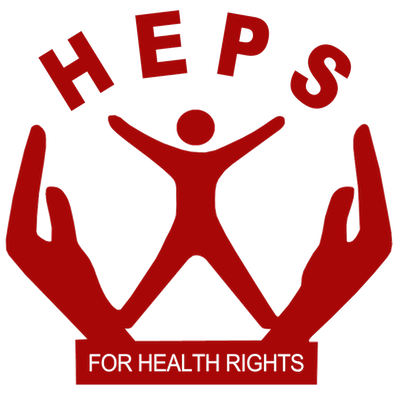On May 22, the Health Systems Advocacy Partnership in Uganda commemorated the first ever World Preeclampsia Day under the theme “Take the Preeclampsia Pledge – Know the symptoms. Spread the word.” We rallied support and commitment from government to take action and improve the health system where health centers can provide early recognition of Preeclampsia and timely / proper management of pregnancy to prevent maternal morbidity and mortality. The Assistant Commisioner Child Health, Ministry of Health Dr. Jesca Nsungwa urged civil society to work with government to raise awareness about the importance of seeking antenatal care for early detection of complications during pregnancy including preeclampsia.
The HSAP urged government to prioritize prevention, appropriate, safe, and effective treatment of preeclampsia, a leading cause of maternal death, stillbirth and premature birth which leaves many women with severe long term health problems.
In a position adopted at the end of a press conference organized by the Health Systems Advocacy Partnership (HSAP) on the first ever World Preeclampsia Day to raise awareness of preeclampsia and its country-wide impact, the civil society organizations called for improved health systems which recognize the importance of preventing and treating such disorders.“Working individually and in partnership, we must continue to focus attention on pre-eclampsia and related disorders to ensure they are minimized and their tragic impact reduced. The opportunity to reduce the prevalence of these disorders and their impact on women, infants, families, and communities worldwide is within our grasp.” The position reads in part.
Dr. Patrick Kagurusi, the Deputy Executive Director of Amref Health Africa Uganda, which is part of the HSAP noted that there is need to address prevention of preeclampsia through a better understanding of the causes and through access to appropriate, safe, and effective treatment. “Prioritize patient and community education and treatment for these disorders as well as education, training, and access to medical resources for healthcare providers.” He said.
Pre-eclampsia is a life-threatening, pregnancy-induced high blood pressure disorder that can lead to seizures and other fatal complications in the last half of a pregnancy and postpartum. According to the World Health Organization, over 99% of pregnancy-related deaths occur in low-and middle-income countries, including Uganda. It is estimated that 6% of maternal deaths in Uganda are the result of preeclampsia.
Magnesium Sulphate (which can be used to manage preeclampsia) one of 13 UN Lifesaving Commodities for Women and Children, is on the national essential medicines list and according to the WHO Service Availability Readiness Survey Report for Uganda-2014, the overall availability of Magnesium Sulphate is 77% across health facilities in the country.
Mr Denis Kibira, the Executive Director of HEPS Uganda, said that with limited understanding of the cause, or preventative or effective treatments, the need for basic and clinical research to advance our medical options and healthcare practices must be prioritized. He added that there is need for the hard to reach places to have access to life saving commodities like Magnesium Sulphate, which is one of the medicines used to treat preeclampsia. Uganda’s maternal mortality ratio is 336 per 100000 live births way behind the UN sustainable development goal of reducing the maternal mortality ratio globally to less than 70 per 100,000 live births by 2030.
The Health Systems Advocacy Partnership in Uganda comprises of Amref Health Africa, African Centre for Social Transformation (ACHEST) and Health Action International (HAI) represented by Coalition for Health promotion and Social Development (HEPS Uganda). The partnership seeks to contribute to stronger health systems so people in Sub-Saharan Africa gain better access to sexual and reproductive health services focusing on strengthening human resources for health and access to essential sexual and reproductive health commodities, while advocating for good governance and equitable health financing.




